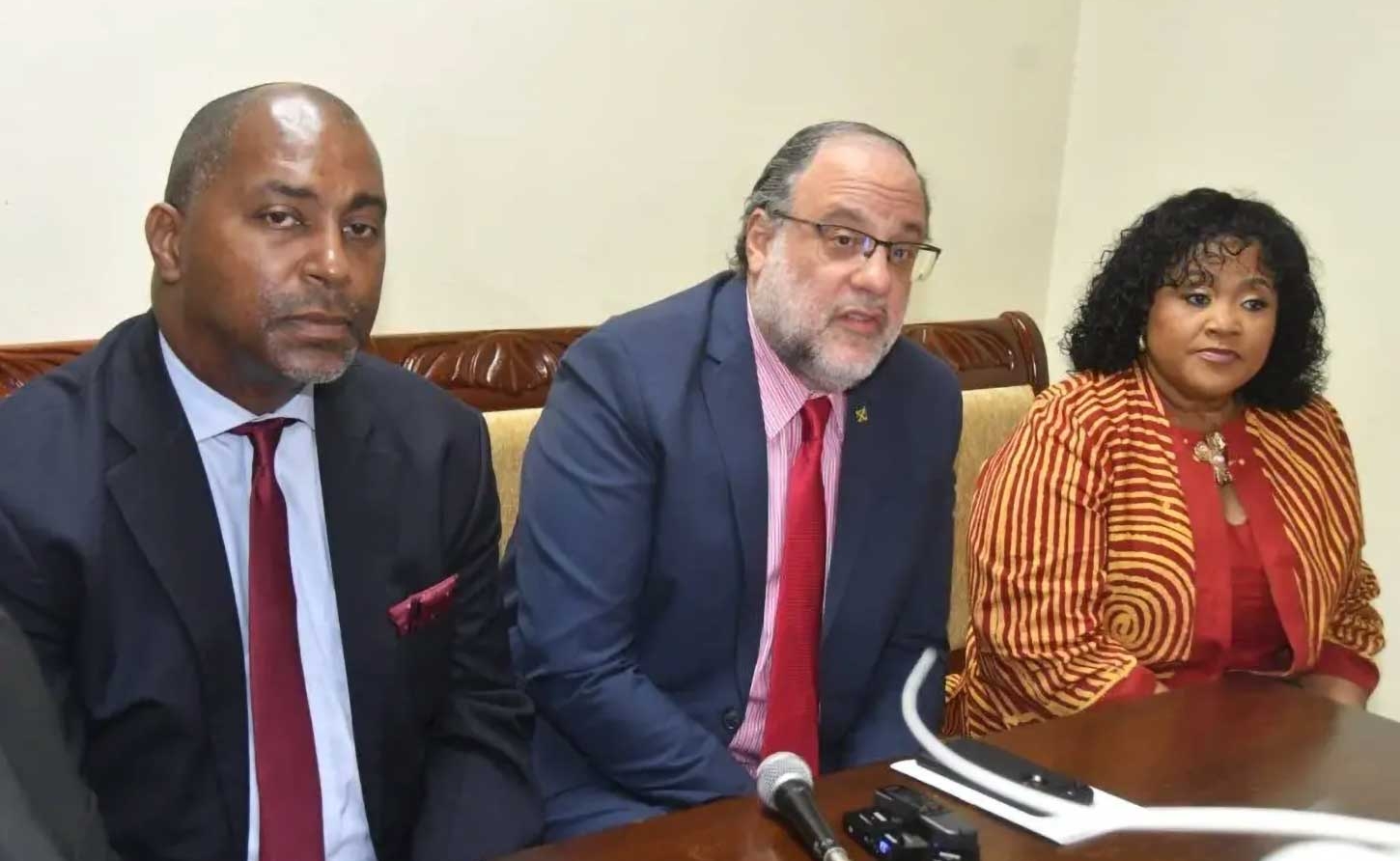JAMAICA | Jamaica's New Gun Law Backfires on Court System, Government Scrambles to Fix

KINGSTON, Jamaica, February 14, 2025 - In a stark reversal, the Jamaican government is being forced to amend its much-touted Firearms Act barely two years after its implementation, as the legislation's stringent penalties have inadvertently brought the court system to a near standstill.
Acting Governor General Steadman Fuller announced during the 2025 Throne Speech that updating the Firearms Act has become a top legislative priority, particularly to introduce a framework for plea negotiations. The move comes as an unexpected consequence of the law's mandatory minimum sentences, which have driven more accused persons to opt for full trials rather than enter guilty pleas.
The legislation, which took effect in November 2022, introduced penalties ranging from 15 years to life imprisonment for illegal weapons possession. While designed to crack down on gun-related crimes, the strict measures have created an unintended bottleneck in the justice system.
"I was very clear that it was going to create a big problem in the court system, and that's exactly what has happened," Opposition Leader Mark Golding said, pointing out that when faced with a minimum 15-year sentence, defendants have "absolutely no incentive to do anything other than go to trial and try and win the case."
The opposition's warnings appear to have been prophetic. In December 2023, prominent defense attorney Peter Champagnie, King's Counsel, launched a scathing critique of Parliament's decision to ignore practitioners' early warnings about the legislation's potential impact on the courts.
The current crisis stands in stark contrast to earlier successful reforms. Under the previous administration in 2015, legislation was introduced that offered sentence reductions for early guilty pleas - a measure that had effectively reduced case backlogs in both the Gun Court and parish courts. The new Firearms Act has essentially nullified these gains, according to Golding, who is himself an attorney.
The 2022 legislation, formally titled the Firearms (Prohibition, Restriction and Regulation) Act, was ambitious in scope. It established a dual regime distinguishing between prohibited weapons and duly authorized firearms, while creating a framework that positioned illegal firearm possession as a foundation for other violent crimes. However, these sophisticated distinctions have done little to address the practical challenges now facing the courts.
Opposition member Fitz Jackson's terse comment, "They were warned," encapsulates the frustration felt by many legal practitioners who had foreseen the current predicament. The government's planned amendments, while acknowledging the problem, have yet to be fully detailed.
The situation highlights a classic case of legislative overreach, where tough-on-crime policies have collided with the practical realities of judicial administration. As the government moves to repair what critics call a self-inflicted wound, the question remains whether the proposed plea negotiation framework can strike the right balance between strict gun control and judicial efficiency.
-30-
